Filter by
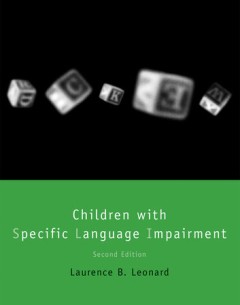
Children with Specific Language Impairment (Second Edition)
"A Bradford book.""The first edition of this work established Children with Specific Language Impairment as the landmark reference on this condition, considering not only the disorder's history, possible origins, and treatment but also what SLI might tell us about language organization and development in general. This second edition offers a complete update of the earlier volume. Much of the se…
- Edition
- Second edition.
- ISBN/ISSN
- 9780262324021
- Collation
- 1 online resource (480 pages) :illustrations.
- Series Title
- -
- Call Number
- -
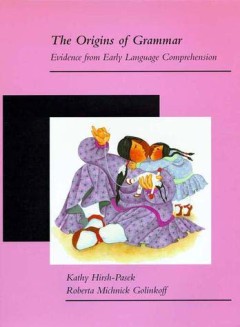
The origins of grammar :evidence from early language comprehension
AnnotationOCLC-licensed vendor bibliographic record.
- Edition
- -
- ISBN/ISSN
- 0585331480
- Collation
- 1 online resource (x, 230 pages) :illustrations.
- Series Title
- -
- Call Number
- -
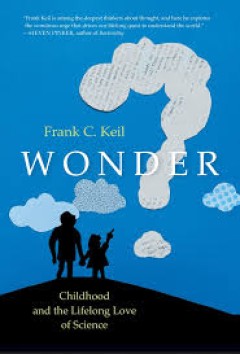
Wonder :childhood and the lifelong love of science
Description based upon print version of record."An explanation of where children's scientific intuitions come from and how they can be nurtured. Intended not just for scholars but science teachers and enthusiasts as well"--OCLC-licensed vendor bibliographic record.
- Edition
- -
- ISBN/ISSN
- 0262368455
- Collation
- 1 online resource (253 pages)
- Series Title
- -
- Call Number
- -
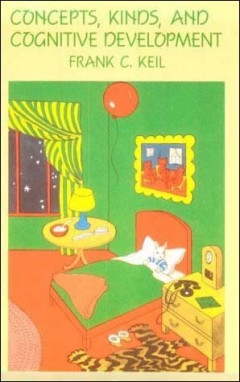
Concepts, kinds, and cognitive development
In Concepts, Kinds, and Cognitive Development, Frank C. Keil provides a coherent account of how concepts and word meanings develop in children, adding to our understanding of the representational nature of concepts and word meanings at all ages. "A Bradford book."Includes indexes.OCLC-licensed vendor bibliographic record.
- Edition
- -
- ISBN/ISSN
- 9780262276900
- Collation
- 1 online resource (xv, 328 pages) :illustrations.
- Series Title
- -
- Call Number
- -
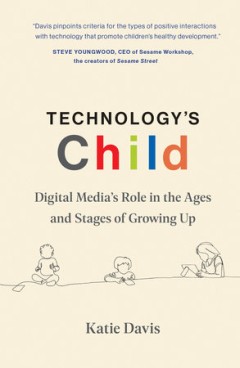
Technology's child :digital media's role in the ages and stages of growing up
"Davis addresses the "screen time" debate by recognizing that children's experiences of technology and social relationships are qualitatively distinct at different stages of development"--OCLC-licensed vendor bibliographic record.
- Edition
- -
- ISBN/ISSN
- 9780262370097
- Collation
- 1 online resource
- Series Title
- -
- Call Number
- -
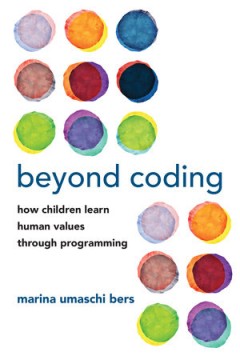
Beyond coding :how children learn human values through programming
"Bers argues that coding should be taught in early childhood and beyond STEM fields, where it is currently isolated from ethical, cultural, and language skills"--OCLC-licensed vendor bibliographic record.
- Edition
- -
- ISBN/ISSN
- 0262368544
- Collation
- 1 online resource.
- Series Title
- -
- Call Number
- -
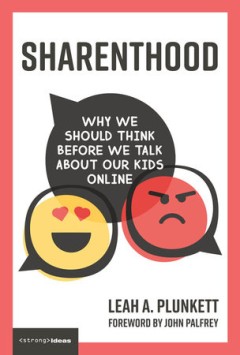
Sharenthood: how the digital tech habits of parents, teachers, and other tru…
OCLC-licensed vendor bibliographic record.
- Edition
- -
- ISBN/ISSN
- 9780262354080
- Collation
- 1 online resource (232 pages).
- Series Title
- -
- Call Number
- -
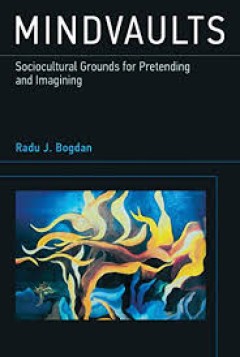
Mindvaults : sociocultural grounds for pretending and imagining
An argument that the uniquely human capacities of pretending and imagining develop in response to sociocultural and sociopolitical pressures in childhood.The human mind has the capacity to vault over the realm of current perception, motivation, emotion, and action, to leap--consciously and deliberately--to past or future, possible or impossible, abstract or concrete scenarios and situations. In…
- Edition
- -
- ISBN/ISSN
- 9780262314336
- Collation
- 1 online resource (xxi, 236 pages)
- Series Title
- -
- Call Number
- -
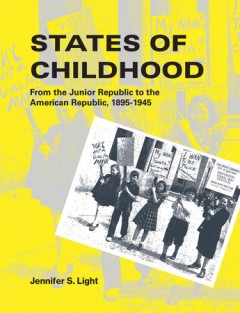
States of Childhood: From the Junior Republic to the American Republic, 1895-…
A number of curious communities sprang up across the United States in the late nineteenth and early twentieth century: simulated cities, states, and nations in which children played the roles of legislators, police officers, bankers, journalists, shopkeepers, and other adults. They performed real work—passing laws, growing food, and constructing buildings, among other tasks—inside virtual w…
- Edition
- -
- ISBN/ISSN
- 9780262358606
- Collation
- -
- Series Title
- -
- Call Number
- -

Algorithmic Rights and Protections for Children
Essays on the challenges and risks of designing algorithms and platforms for children, with an emphasis on algorithmic justice, learning, and equity. One in three Internet users worldwide is a child, and what children see and experience online is increasingly shaped by algorithms. Though children's rights and protections are at the center of debates on digital privacy, safety, and Internet g…
- Edition
- -
- ISBN/ISSN
- 9780262374316
- Collation
- -
- Series Title
- -
- Call Number
- -
 Computer Science, Information & General Works
Computer Science, Information & General Works  Philosophy & Psychology
Philosophy & Psychology  Religion
Religion  Social Sciences
Social Sciences  Language
Language  Pure Science
Pure Science  Applied Sciences
Applied Sciences  Art & Recreation
Art & Recreation  Literature
Literature  History & Geography
History & Geography